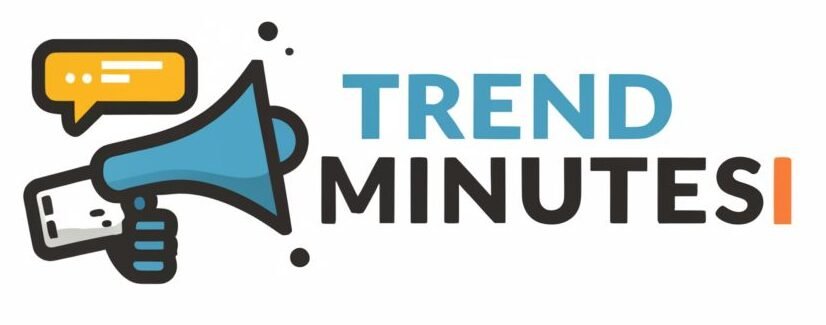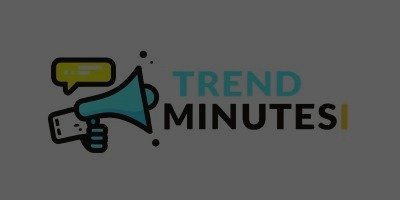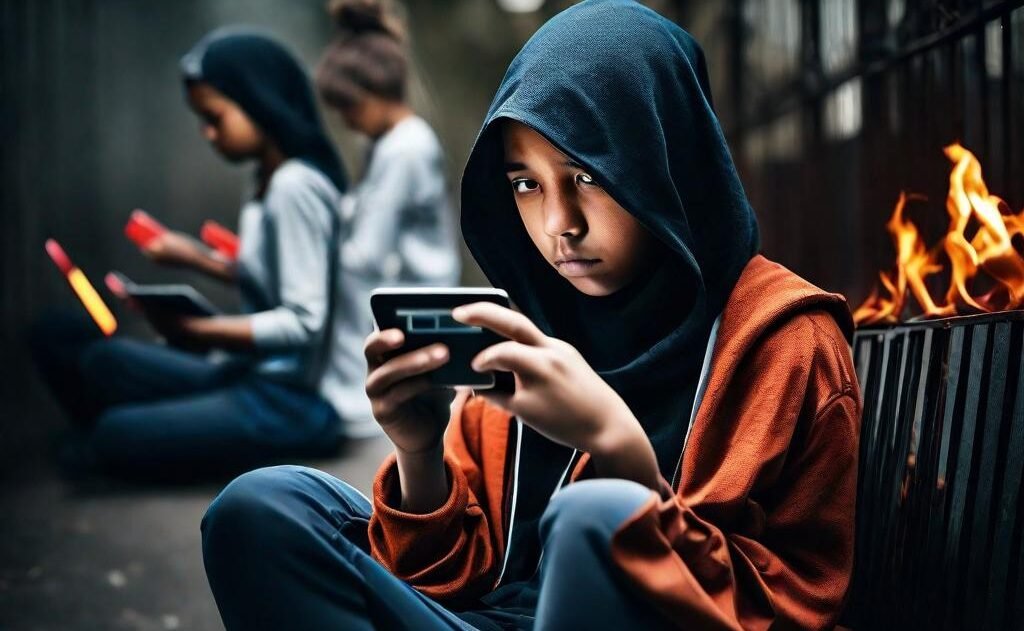In the dazzling world of social media, where connections are made in an instant and information flows ceaselessly, there exists a parallel universe that often goes unnoticed – the dark side of social media. While these platforms have undoubtedly transformed the way we communicate and share, it’s essential to shine a light on the shadows they cast. Join us as we delve into the complexities of the dark side of social media, exploring its impact on mental health, privacy, misinformation, and societal well-being.
The Illusion of Perfection:
Social media is a curated space where users often share the highlights of their lives. However, this curated reality can create an illusion of perfection, leaving individuals feeling inadequate or even depressed as they compare their lives to the seemingly flawless images presented on their feeds. The pressure to conform to these unrealistic standards can take a toll on mental health, fostering a culture of constant comparison.
Privacy Erosion:
The convenience of sharing personal information on social media comes at a cost – the erosion of privacy. From targeted ads to data breaches, users often find their personal information in the hands of corporations or malicious actors. As we navigate the interconnected web of social platforms, the challenge of maintaining control over our digital footprint becomes increasingly daunting.
Cyberbullying and Online Harassment:
The dark side of social media is perhaps most evident in the prevalence of cyberbullying and online harassment. The anonymity afforded by digital platforms emboldens individuals to engage in harmful behavior, leaving victims emotionally scarred. Trolling, hate speech, and malicious attacks have become unfortunate hallmarks of online spaces, demanding urgent attention and robust countermeasures.
Infodemic and Misinformation:
Social media is a powerful disseminator of information, but it is equally adept at spreading misinformation. The rapid spread of fake news, conspiracy theories, and doctored images can have real-world consequences, impacting public opinion, elections, and even public health. Navigating through the sea of information requires users to be discerning and critical consumers.
Addiction and Mental Health Implications:

The addictive nature of social media, designed to keep users engaged for longer periods, has been linked to mental health issues. Constant notifications, likes, and comments trigger dopamine responses, creating a cycle of dependence. Excessive use can lead to anxiety, depression, and a distorted sense of reality as users grapple with the boundary between their online and offline lives.
Impact on Relationships:
While social media facilitates connections, it also poses challenges to real-world relationships. From the pressure to maintain a picture-perfect relationship status to the intrusion of personal moments into the public domain, the dynamics of friendships and family ties are reshaped in ways both positive and negative.
Algorithmic Echo Chambers:
Social media algorithms, designed to show users content that aligns with their preferences, inadvertently create echo chambers. While this may seem like a personalized and user-friendly experience, it can lead to the reinforcement of existing beliefs and the isolation of diverse perspectives. Users may find themselves surrounded by like-minded voices, hindering critical thinking and dialogue essential for a healthy society.
Comparative Social Currency:
The pursuit of social validation through likes, comments, and shares can turn social media into a competitive arena for validation. Users may measure their worth based on online metrics, fostering an environment where popularity becomes synonymous with self-worth. This constant pursuit of validation can be mentally exhausting and contribute to anxiety and self-esteem issues.
Digital Fatigue and Information Overload:
The incessant flow of information on social media platforms can lead to digital fatigue. Users may feel overwhelmed by the sheer volume of content, making it challenging to discern what is relevant or accurate. The constant stream of updates and notifications can contribute to stress, burnout, and a sense of being constantly “plugged in.”
Influence on Political Discourse:
Social media’s impact on political discourse has been profound, shaping public opinion and influencing elections. However, the dark side emerges when malicious actors exploit these platforms to spread disinformation, sow discord, and manipulate public sentiment. The polarization and division seen in online political discussions can spill over into real-world consequences.
Conclusion:
While social media has revolutionized communication and connectivity, it is essential to acknowledge and address its dark side. By fostering a collective sense of responsibility, promoting digital literacy, and advocating for ethical practices within the tech industry, we can mitigate the negative consequences of social media. It’s time to approach these platforms with a discerning eye, mindful of the potential pitfalls, and work towards creating a digital landscape that truly enhances our lives without compromising our well-being and societal harmony.





